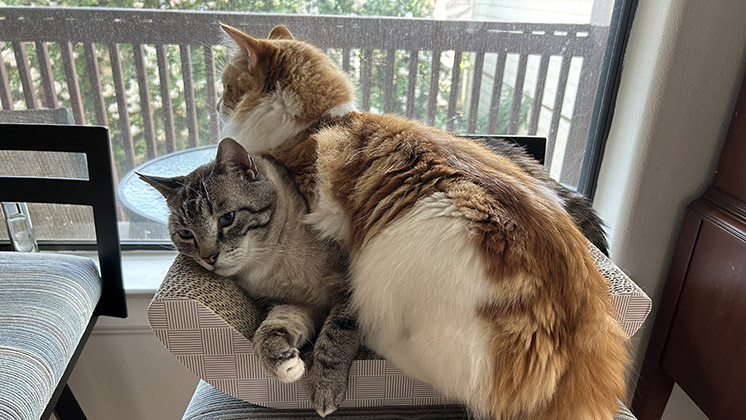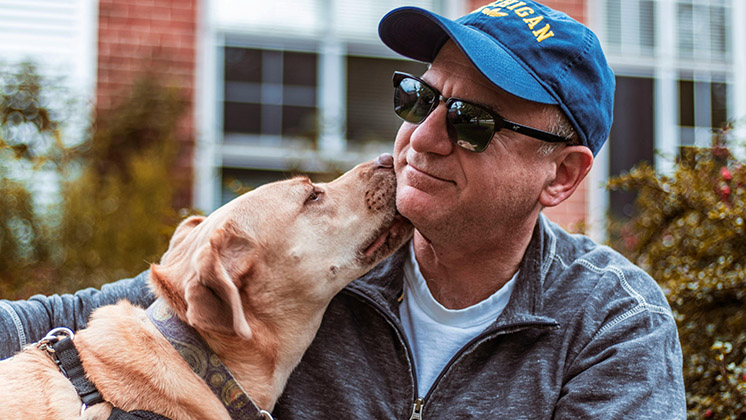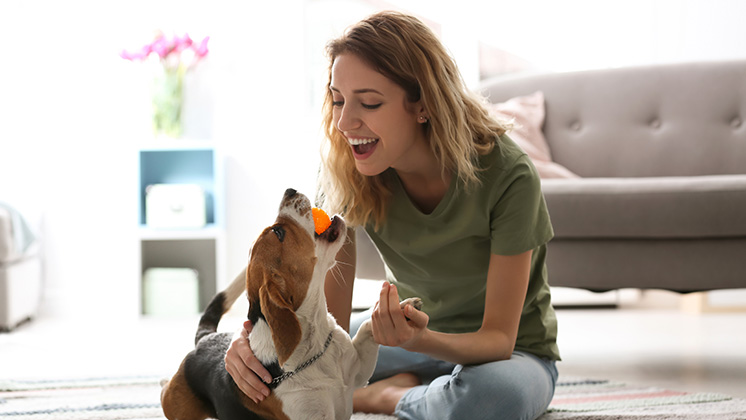The Role of Pets in Managing Pandemic Uncertainty

The COVID-19 pandemic turned the world upside down, triggering intense feelings of uncertainty and stress for countless people. With lockdowns, job insecurity, and the looming risk of illness, many found their typical social connections limited or lost. A commentary from Leanne O. Nieforth and Marguerite E. O’Haire at Purdue University delves into a unique source of comfort that filled this void—our pets.
Why Pets Became Emotional Lifelines
When access to human support networks dwindled due to social distancing, pets emerged as invaluable companions. The authors highlighted that pets provide an additional layer of social support that technology-driven human interactions alone might not cover. This role was essential as feelings of uncertainty peaked, potentially sparking post-traumatic stress symptoms.
Key Theories
- Attachment Theory: Pets fulfill emotional needs by offering nonjudgmental support, creating a sense of security much like human relationships do.
- Biophilia Hypothesis: Suggests humans are naturally drawn to other living beings, which can be a comforting evolutionary response in times of stress.
How Pets Helped Manage Uncertainty
The pandemic emphasized the importance of consistent routines, something pets provide effortlessly. Whether through feeding schedules or walks, these activities established a reliable daily pattern. The researchers noted that such predictability could ease anxiety by creating small pockets of certainty in an otherwise chaotic time.
Comfort Over Information
Unlike human friends or family, pets don’t share distressing news or opinions. Instead, they offer what experts call “contact comfort”—a soothing, tactile experience proven to reduce stress.
Real-World Implications
The commentary highlighted that pets could buffer against psychological impacts of the pandemic by:
- Acting as stress-relief agents for those living alone.
- Reducing stress symptoms through routine and physical interaction.
- Serving as a safe, reliable source of connection in periods when human interaction is minimal.
A New Perspective on Pet Companionship
As society navigates the aftermath of COVID-19, the value of pets as emotional partners may inspire new therapeutic approaches. Understanding this dynamic reinforces why pets aren’t just companions; they can be vital for mental health, especially during crisis-driven periods.
Takeaway
The pandemic showcased the powerful bond between humans and animals, cementing pets as not just beloved companions but vital emotional supports. Their role goes beyond affection—they are stabilizing forces during life's stormiest moments.
For a deeper dive into this research, check out the full paper by Nieforth and O’Haire, published in Psychological Trauma: Theory, Research, Practice, and Policy.
Read the Research Paper
This article was based on the research of Dr. Leanne Nieforth and the HAPI lab. Read the research:
Suggested Articles

How Service Dogs Help (and Challenge) Caregivers
Discover how mobility and medical alert service dogs impact caregivers, offering emotional support and stress relief but also introducing challenges like maintenance and travel, as revealed in this insightful study.
Read more
Can Animals Help Military Families Thrive?
Explore how animal-assisted interventions, including equine-assisted services and service dogs, support military families by improving emotional connections, resilience, and communication amidst unique challenges.
Read more
How PTSD Service Dogs Affect Partners of Veterans
Learn how PTSD service dogs influence the emotional well-being of veterans' partners, fostering positive emotions like calmness and confidence while highlighting their broader impact on family dynamics.
Read more
